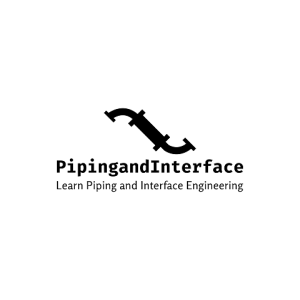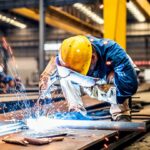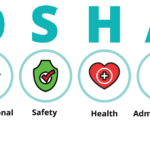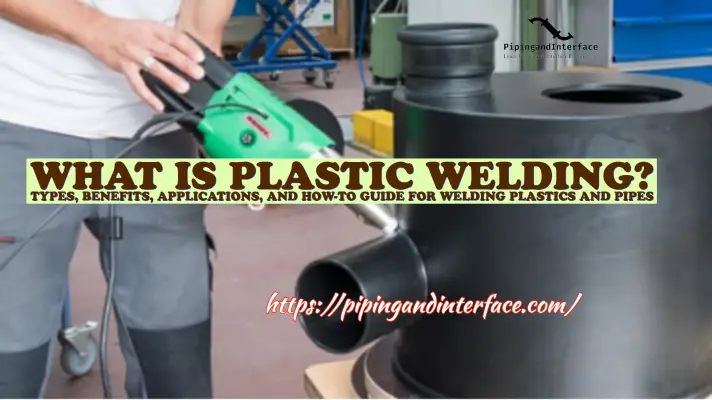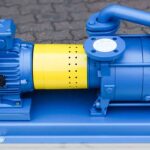Process or Technical Safety Engineering is a specialized field within engineering focused on ensuring the safe and reliable operation of industrial processes and systems. This field is crucial in industries where safety is a major concern due to the potential hazards associated with chemicals, energy, or complex machinery.
Key aspects of Process or Technical Safety Engineering include:
- Risk Assessment and Management
- Safety Systems Design
- Regulatory Compliance
- Incident Investigation
- Safety Culture and Training
- Safety Documentation
Process Safety Engineers work across various industries, including chemical manufacturing, oil and gas, pharmaceuticals, aerospace, energy, utilities, and more. Their goal is to protect people, property, and the environment from potential hazards associated with industrial operations.
Process Safety/Technical Safety as a Career Option
A career in Process Safety or Technical Safety Engineering can be both rewarding and challenging, offering a range of opportunities in various industries. It requires knowledge and experience from multiple fields like operations, safety, and other support functions like instrumentation and electrical engineering; it is a tough nut to crack.
The only way to enter this field is through acquiring diverse knowledge through extensive study. This article aims to share top questions asked during interviews (which also indicate the knowledge required by a Technical safety professional). I hope these questions will lead you to acquire the required knowledge to flourish as a good technical safety professional
Parts of Process Safety
Let us divide technical safety into its major constituents and then look into the interview questions in each field
- Fire and Explosion prevention
- Pressure Safety
- Chemical Thermal Safety
- Functional Safety
Frequently Asked Interview Questions: Fire and Explosion Prevention
Fire and explosion prevention is the study of possible explosive atmospheres inside the equipment and outside the equipment (Hazardous area classification), preventive measures to avoid such mixture formation and elimination of potential ignition sources where the flammable atmosphere can be present. Few typical questions asked on this topic are as following
- What is a flash point? How it is measured and what is its use?
- What is a fire triangle?
- What is Autoignition temperature? What is its role in the Temperature class of instruments?
- What are the different types of ignition sources?
- What is the difference between earthing, bonding, and grounding?
- What is a static charge? How is it generated and how to prevent it?
- What is a lightening arrestor and its function?
- What is hazardous area classification and how is it performed?
- What are the temperature class and gas group, and how are they selected?
- What is LEL and UEL? How are they measured?
- What is limiting oxygen concentration?
- What is MIE? How is it measured?
- What are MIT, LIT, and their role in equipment selection?
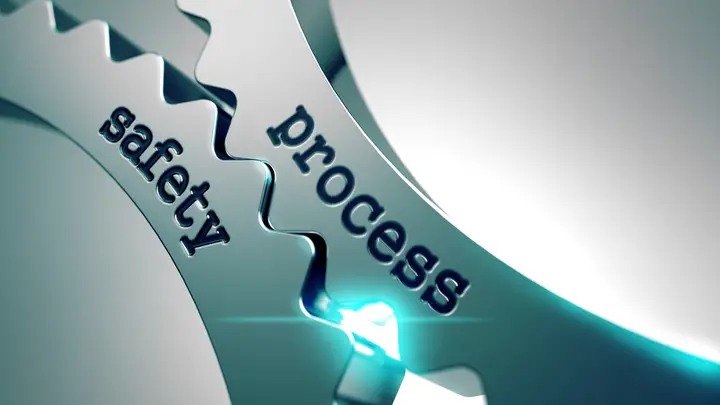
Frequently Asked Interview Questions: Pressure Safety
Pressure safety is the study of possible overpressure scenarios in the process vessels and piping. Potential overpressure cases are blocked discharge, external fire and thermal expansion. Reactive Chemistry generating non-condensable gases is also one of the scenarios to be covered. Few typical questions asked on this topic are as following
- What are the different causes of overpressure?
- What are the safety devices used in preventing rupture of equipment due to overpressure?
- What are the pros and cons of safety valves and rupture discs?
- Why Rupture disc is installed upstream of Safety valve?
- What should be the set value of the safety valve or rupture disc?
- What is backpressure? How does it hamper the safety valve performance?
- What are the types of safety valves and their applications?
- What are the types of rupture disks and their applications?
Frequently Asked Interview Questions: Chemical Thermal Safety
Chemical thermal safety is related to heating of organic materials to a point that it starts to exhibit thermal decomposition. As thermal decomposition is mostly exothermic in nature, it enhances the rate as the decomposition progresses leading to rapid rise in temperature and pressures. Chemical thermal safety involves testing of potentially degradable chemicals and determining safe temperatures to handle and store them safely.
- What is reaction calorimetry and what is the outcome of Reaction Calorimetry?
- What is thermal decomposition and how it is predicted?
- What is criticality class of reaction?
- What is accumulation, and how does it impact safety?
- What is the phi factor, and how does it affect scale-up?
- What are DSC and DTA? How do they differ from each other?
- What is the role of agitation in exothermic reactions?
- What is adiabatic temperature rise, and how is the maximum temperature of the synthesis reaction determined?
Frequently Asked Interview Questions: Functional Safety
Functional safety is relatively new branch in process safety. It evolved with the rise of automated processes. Functional safety ensures that undesired events are prevented by automated actions by devices based on sensor inputs like pressure, temperature and level. The intention is to bring the probability of dangerous failures within acceptable range (as bringing to Zero is neither possible nor viable).Few typical questions asked on this topic are as following
- Which is the global standard for Functional safety?
- What is a SIL loop? How is it determined?
- What are the methods of performing SIL assessments?
- What is SIL verification? How is it performed?
- What is PFD (Probability of Failure on Demand) and how overall PFD is calculated?
- What are tolerable risk criteria? How does it impact SIL levels?
- What is functional testing? How does it improve reliability?
- What is the difference between BPCS and SIS?
- What are the components of a SIF loop?
Other Technical Process Safety Interview Questions
- Provide some examples of process safety hazards in chemical industries.
- What is HAZOP, and what is the role of the process safety engineer in HAZOP?
- Have you ever assessed the risk of a process and implemented safeguarding? Please explain in detail.
- Give an example of your best-known situation where you implemented process safety and what benefit you got out of that.
I will keep on adding interview questions related to process and technical safety in this section as and when I get to know about those. Right now, you might know some questions that you faced during your interview. Kindly add those in the comments section so that I can compile them and those in the main article for everybody to benefit from.
I hope this article has ignited curiosity in you to find answers and become a skilled process safety/technical safety professional. We will try to bring articles on most of these topics to explain them in detail. So, stay tuned!!!
